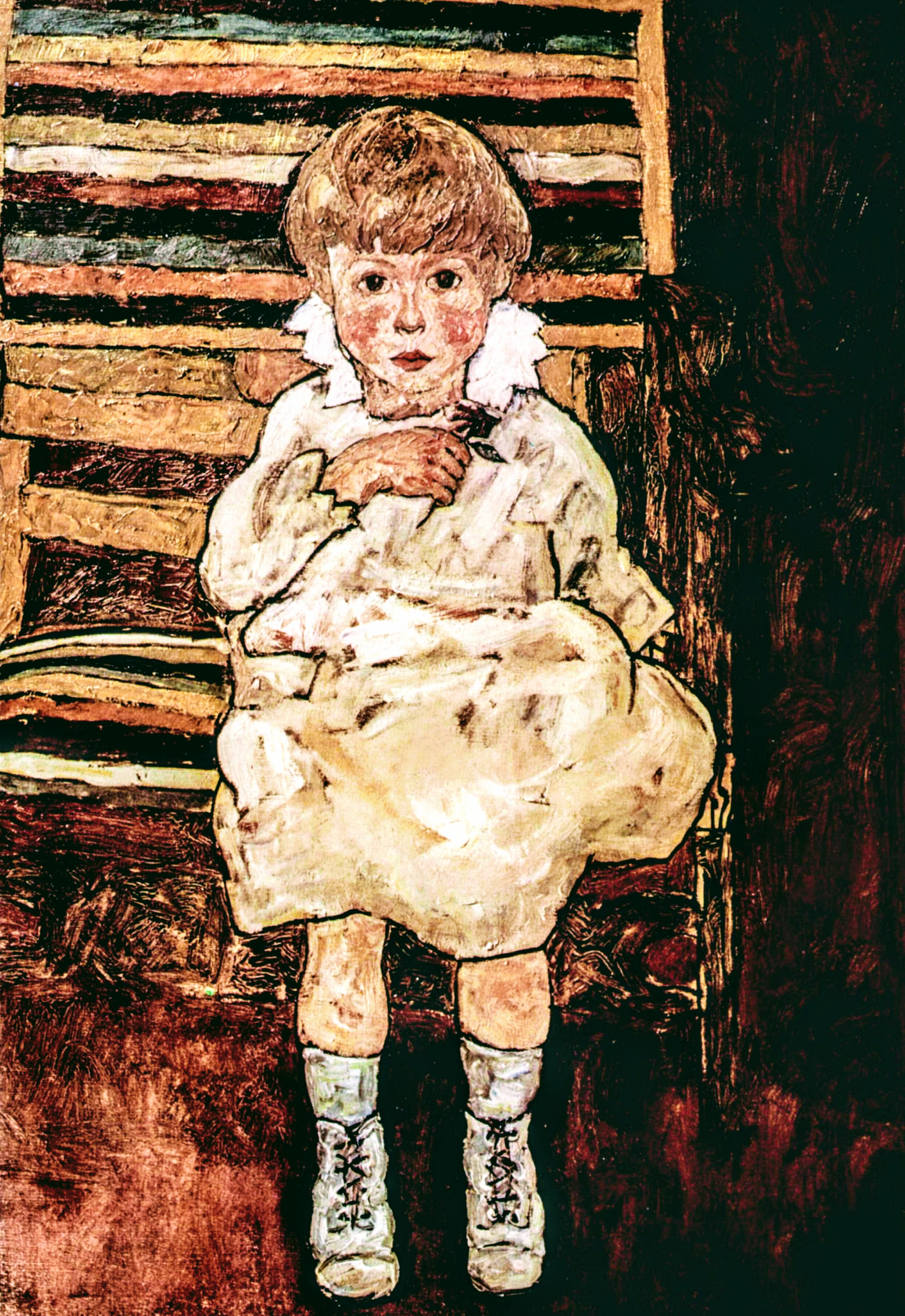Nowadays, practically everybody knows that human brain development continues until adulthood, but a lot of parents still underestimate how much and how fast childrens’ brain change from year to year, with a decisive impact on their behavior. Even if several scientific studies have shown that young brains are capable of amazing performance, a fully developed brain is necessary to process tasks like risk assessment and self-control. According to psychologists, parents who understand the different stages of their children’s growth can better help them overcome difficulties along the way.
Infants are amazingly good at communicating. They observe, listen and imitate people as soon they are born. On the other hand, many parents are still unaware how early babies start to develop emotional and social skills. “Parents underestimate how sensitive a child is to their own emotions,” said Ross Thompson, president of the child development organization Zero to Three and a cognitive psychologist at the University of California at Davis. 6-month-old babies can already be affected by a parent’s anxiety or depression, for example.
At around 10 months, infants begin to specialize in the tongue they are used to hearing. This is why it’s so important to talk to your baby during the first year, using “parentese” (the typical infant-directed speech that should not be confused with “baby-talking”) and normal words in grammatically complete sentences.
In a study conducted by Zero to Three in 2015, almost half of parents thought that a two-year-old kid should be able to share. But contrary to this widespread belief, toddlers are unable of sharing and self-control. In fact, this ability doesn’t develop before children are 3 or 4, probably because they haven’t yet developed what is called “theory of mind,” the crucial capacity to distinguish between your own perspective from that of someone else. Theory of mind is necessary for developing empathy, building relationships and even doing well academically.
A 2015 survey has revealed that a majority of parents believe that 2-year-old kids can control their emotions and impulses. But in reality, children have very low self-control skills before the age of 4. “Many parents overestimate a child’s capacity for self-control,” said Ross Thompson.

Picture: Seated Child, by Egon Schiele (Wikimedia Commons, w/Effects)


